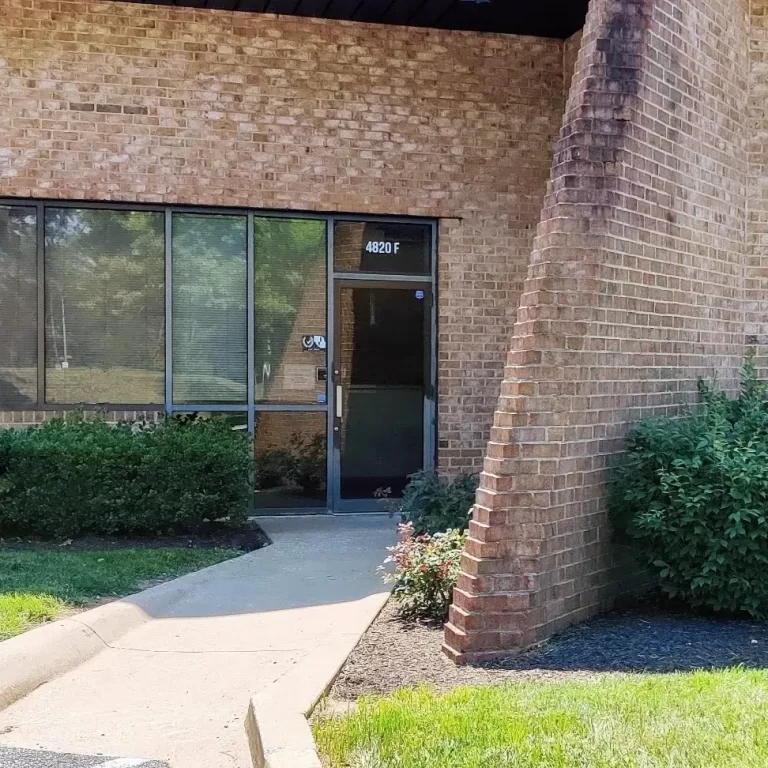In person & online ocd therapy
therapy for Harm OCD
Get evidence based therapy for harm OCD in Baltimore, Maryland.


Harm OCD is a subtype of OCD characterized by intrusive, distressing thoughts and fears of causing harm to oneself or others. Individuals with Harm OCD experience recurrent, unwanted thoughts, images, or urges related to potential harm, violence, or accidents. They often feel intense anxiety and guilt, leading to compulsive behaviors such as checking, seeking reassurance, or avoidance to alleviate their distress. These compulsions, however, only provide temporary relief and perpetuate the cycle of anxiety.
Harm OCD can significantly impact daily functioning and quality of life, but with proper treatment individuals can learn to manage their symptoms and regain control over their lives.
- Break the OCD cycle.
- Stop obsessing and engaging in compulsive behavior.
- Reduce the impact your thoughts and doubts have on your life.
- Overcome fears related to causing harm or violence.
- Start enjoying your life without constant anxiety about potential harm.
Contact me today to get started with harm OCD treatment.
Therapist Specializing in OCD

Yisrael Zev Schwartz, LCPC
Call or email me for a free 15 minute harm OCD therapy consultation now (443) 296-2584.
Location & Service Area
Harm OCD Therapy Near You
We offer in-person therapy for Harm OCD at our Baltimore office, located at 4820 Seton Drive f, as well as online sessions for residents of Maryland and Florida. Our Baltimore office is typically within a 20-minute drive for residents of Baltimore City, Baltimore County, and parts of Howard, Carroll, and Anne Arundel counties.
Evidence Based Treatments - CBT, ERP, & ACT
Evidence-based treatments refer to therapeutic approaches and interventions that have been researched and proven effective through scientific studies and clinical trials. In the context of harm Obsessive-Compulsive Disorder, evidence-based treatments play a crucial role in helping individuals manage and alleviate the distress associated with this specific subtype of obsessive-compulsive disorder. Cognitive-behavioral therapy (CBT) is the primary evidence-based approach for treating OCD. CBT for OCD typically involves psychoeducation and addressing maladaptive behaviors and compulsions that perpetuate the cycle of doubt and anxiety. Exposure and response prevention (ERP), a component of CBT, is used to gradually confront anxiety-inducing situations and leads to a reduction in obsessive thoughts and compulsive rituals. Acceptance and Commitment Therapy (ACT) focuses on enhancing psychological flexibility by encouraging individuals to accept their thoughts and feelings rather than trying to eliminate or control them. In the context of ROCD, ACT can help individuals develop a more mindful and accepting relationship with their obsessive thoughts and doubts about causing or doing harm.
I see my role as a collaborator and work with my clients to find the best approach suited for them. Flexibility and creativity play an important part of my therapy process.
Book a free consultation today.
contact us about Harm ocd therapy
ready to get started?
We’re accepting new patients and look forward to speaking with you.